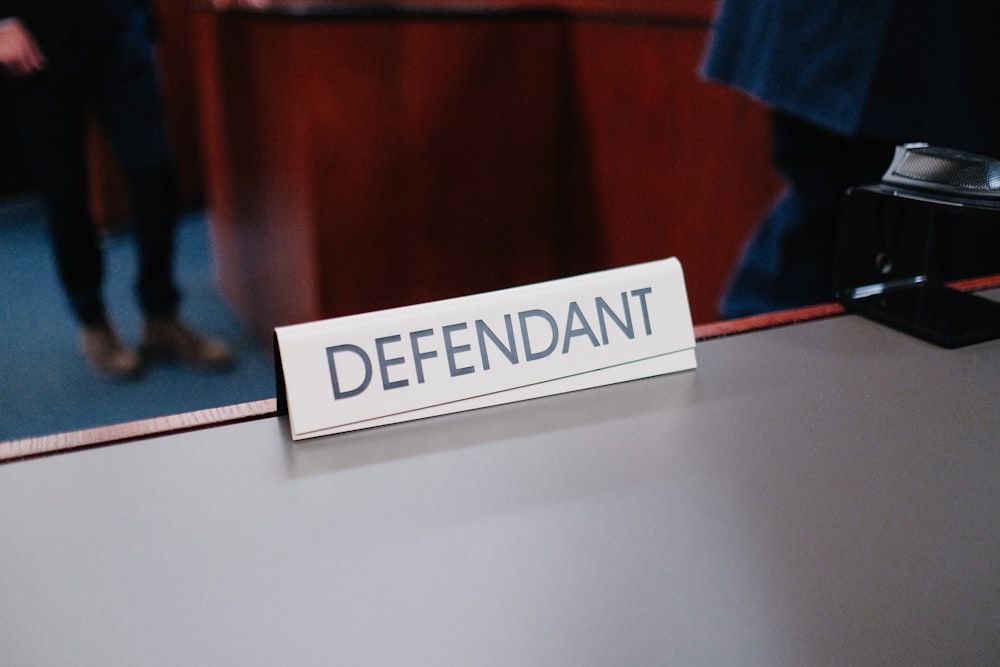Subheading: Understanding FELA Lawsuit
The Federal Employers’ Liability Act (FELA) stands as a crucial piece of legislation designed to protect the safety and well-being of railroad workers across the United States. Enacted in 1908, FELA provides a legal framework for railroad employees to seek compensation in the event of workplace injuries or illnesses caused by employer negligence.
Subheading: Legal Recourse for Railroad Workers
FELA serves as a vital lifeline for railroad workers who face hazardous working conditions on a daily basis. Under FELA, employees have the right to pursue legal action against their employers if they suffer injuries or illnesses due to negligence, unsafe working conditions, or defective equipment. Unlike traditional workers’ compensation systems, FELA allows injured workers to seek compensation through civil lawsuits, offering greater potential for recovery.
Subheading: Employer Negligence and Liability
Central to any FELA lawsuit is the concept of employer negligence. Railroad companies have a legal duty to provide a safe working environment for their employees, including proper training, maintenance of equipment, and adherence to safety regulations. When employers fail to fulfill this duty and their negligence leads to worker injuries, they can be held liable for damages under FELA.
Subheading: Pursuing Compensation Through FELA
Injured railroad workers can seek various forms of compensation through FELA, including medical expenses, lost wages, pain and suffering, and future earning capacity. Unlike workers’ compensation benefits, which are often limited in scope, FELA allows for a more comprehensive recovery, taking into account the full extent of the worker’s injuries and losses.
Subheading: Proving Negligence in FELA Cases
To succeed in a FELA lawsuit, the injured railroad worker must demonstrate that their employer was negligent and that this negligence directly contributed to their injuries. This typically involves gathering evidence, such as eyewitness testimony, accident reports, medical records, and expert testimony, to establish liability on the part of the employer.
Subheading: Legal Representation and Advocacy
Navigating the complexities of a FELA lawsuit requires the expertise of experienced legal professionals. Railroad workers are encouraged to seek the guidance of knowledgeable attorneys who specialize in FELA cases. These attorneys can provide invaluable assistance in gathering evidence, assessing damages, and advocating for the worker’s rights throughout the legal process.
Subheading: Protecting Worker Rights and Safety
Beyond seeking compensation for individual injuries, FELA plays a broader role in safeguarding the rights and safety of railroad workers. By holding employers accountable for their negligence and promoting safer working conditions, FELA encourages railroad companies to prioritize employee safety and invest in measures to prevent accidents and injuries on the job.
Subheading: Fostering Accountability and Transparency
FELA also promotes accountability and transparency within the railroad industry. By allowing injured workers to bring legal action against their employers, FELA encourages companies to address safety concerns promptly, investigate accidents thoroughly, and implement preventive measures to reduce the risk of future incidents.
Subheading: Conclusion
In conclusion, FELA serves as a vital legal tool for protecting the safety and well-being of railroad workers. By providing injured employees with a pathway to seek compensation for workplace injuries caused by employer negligence, FELA fosters accountability, promotes safer working conditions, and upholds the rights of railroad workers across the nation. Read more about fela lawsuit





